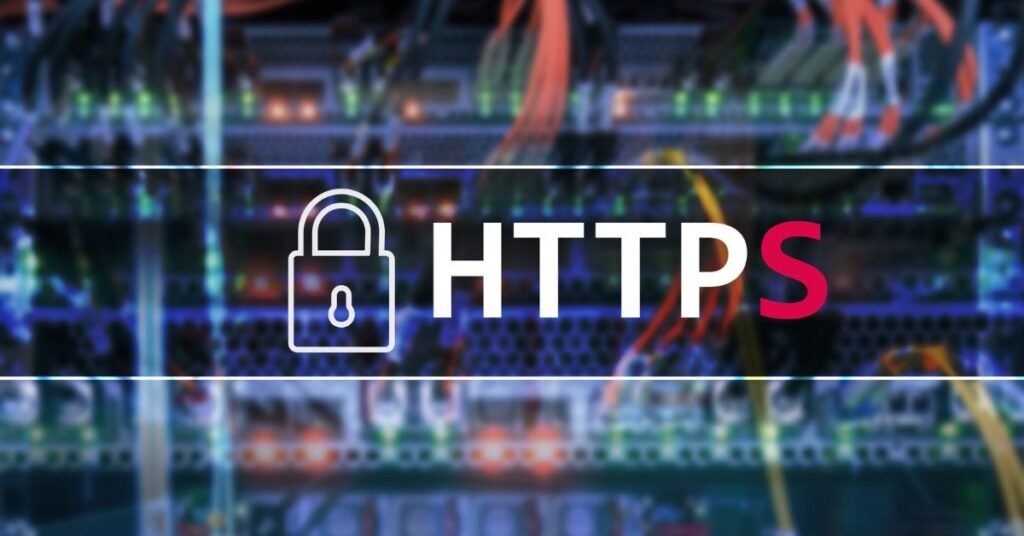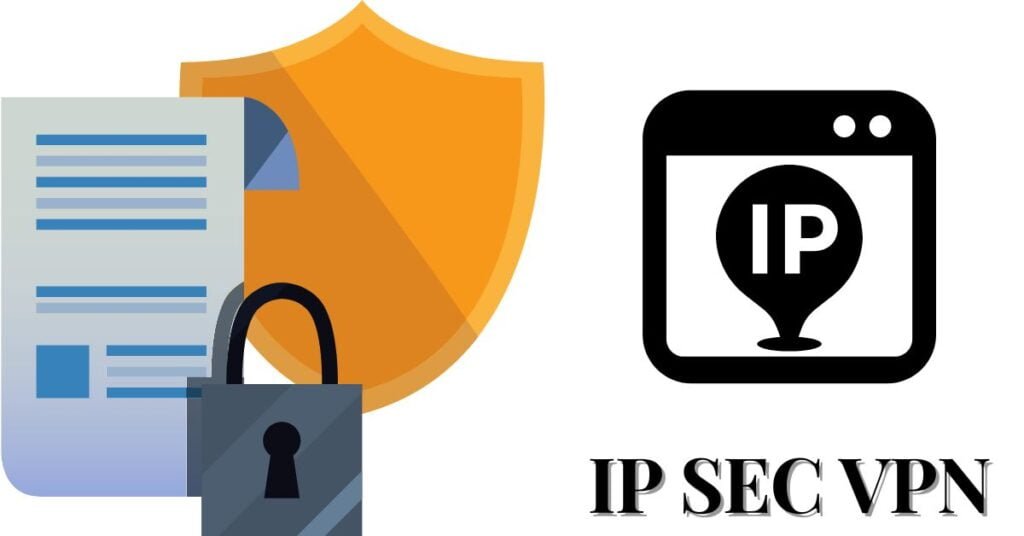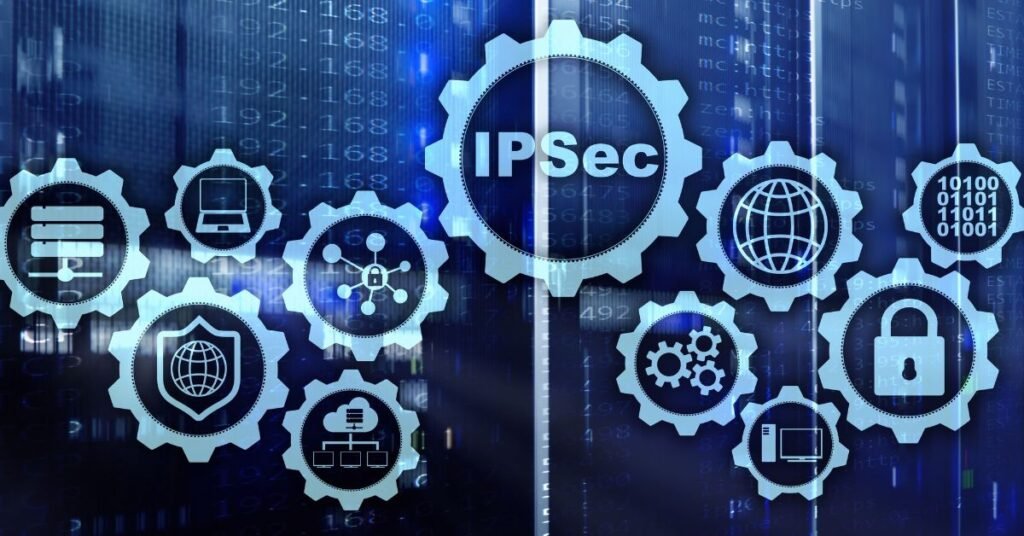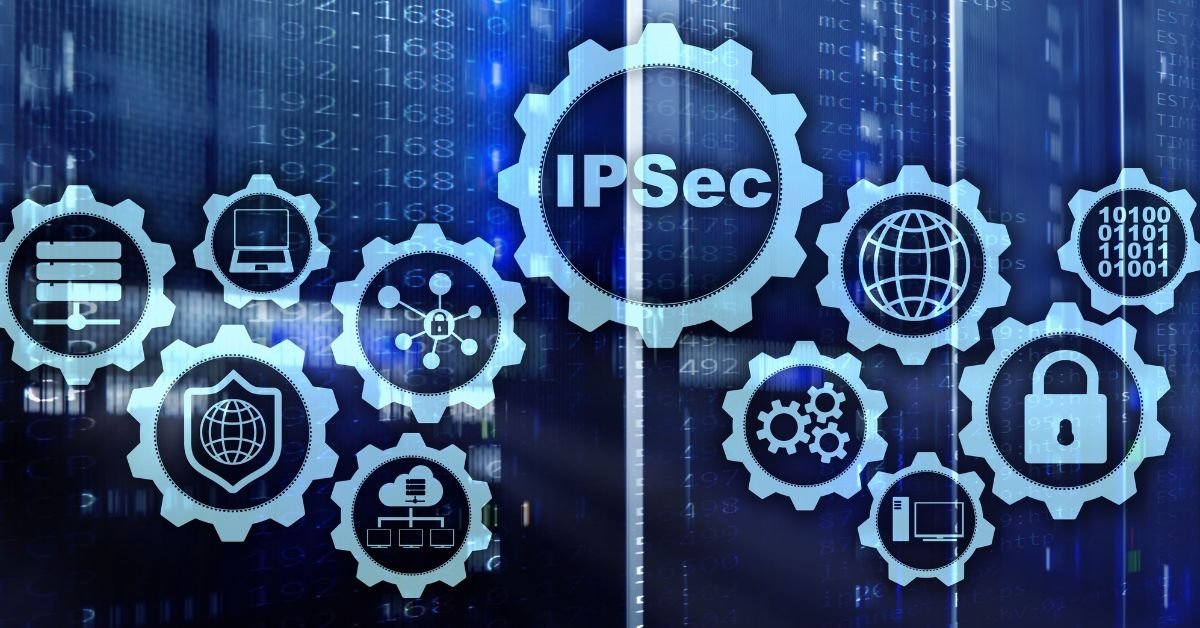In today's hyper-connected world, keeping our information secure has become more important than ever. Whether you're a business owner, a remote worker, or simply someone who values their privacy, you need to know how to protect your data from prying eyes.
This is where the IPsec protocol comes in. IPsec (Internet Protocol Security) is a set of protocols used to secure Internet Protocol (IP) communications by authenticating and encrypting each IP packet in a data stream. In this article, we'll take a closer look at the IP-sec protocol and explore how it is used in VPNs (Virtual Private Networks) to create secure, private connections over the internet.

What is IPsec Protocol?
At its core, IPsec protocol is designed to provide secure communication over IP networks. It was developed in the mid-1990s as a joint effort between the Internet Engineering Task Force (IETF) and the National Security Agency (NSA). The protocol operates at the network layer of the OSI (Open Systems Interconnection) model, which means it can be used with any higher-layer protocols, including TCP (Transmission Control Protocol) and UDP (User Datagram Protocol).
IP sec protocol has two main components: the authentication header (AH) and the encapsulating security payload (ESP). AH provides authentication and integrity checking for each IP packet, while ESP provides confidentiality and encryption services. Both components can be used together or separately, depending on the specific security requirements of a given application.
How IPsec VPNs Work?
A VPN is a type of network that allows users to connect to a private network over a public network, such as the internet. VPNs are commonly used to create secure connections between remote workers and their company's network, or to allow users to access restricted content from another country.
IPsec VPNs use IPsec protocol to create secure connections between devices over the internet. When two devices want to communicate securely, they negotiate an IPsec security association (SA) using the Internet Key Exchange (IKE) protocol. Once the SA has been established, all IP packets exchanged between the two devices are encrypted and authenticated using the AH and/or ESP protocols.

Here's a step-by-step breakdown of how IP sec VPNs work:
- The VPN client sends a connection request to the VPN server.
- The VPN server authenticates the client and negotiates an IPsec SA using IKE.
- The client and server exchange public keys and generate a shared secret key for encryption.
- The client and server establish an encrypted tunnel for data transmission.
- All data transmitted between the client and server is encrypted and authenticated using IPsec protocols.
One of the main advantages of using IPsec VPNs is that they are very secure. The encryption and authentication provided by IPsec protocol make it very difficult for hackers to intercept or manipulate data being transmitted over the VPN. Additionally, IPsec VPNs are very flexible and can be configured to meet a wide range of security requirements.
(Read: Which is the best VPN for your device? Surfshark ,NordVPN, PIA?)
Conclusion :Ipsec Protocol
In conclusion, the IPsec protocol is a powerful tool for securing communications over IP networks. Its use in VPNs has become increasingly popular due to its flexibility, security, and reliability. While it may be more difficult to configure than some other VPN protocols, the benefits of using IPsec often outweigh the drawbacks. If you're looking to create a secure connection over the internet, consider using an IPsec VPN to protect your data from prying eyes.

Frequently Asked Questions
Q: Is IPsec protocol the only way to create a secure VPN connection?
A: No, there are several other VPN protocols available, including OpenVPN, L2TP (Layer 2 Tunneling Protocol), and SSL/TLS (Secure Sockets Layer/Transport Layer Security).
Q: Are there any disadvantages to using IPsec VPNs?
A: One potential disadvantage of IPsec VPNs is that they can be more difficult to configure than other VPN protocols. Additionally, because all traffic is encrypted, IPsec VPNs can be slower than unencrypted connections. Another disadvantage is that some firewalls and network devices may block IPsec traffic, although this is becoming less common as IPsec becomes more widely adopted.
Q: Can IPsec be used on mobile devices?
A: Yes, IPsec can be used on mobile devices running iOS, Android, and other operating systems. Many VPN providers offer IPsec-based VPN solutions for mobile devices.
Q: Is IPsec protocol always used for VPNs?
A: No, while IPsec is a popular VPN protocol, other protocols like OpenVPN and L2TP are also commonly used.



